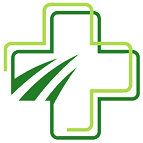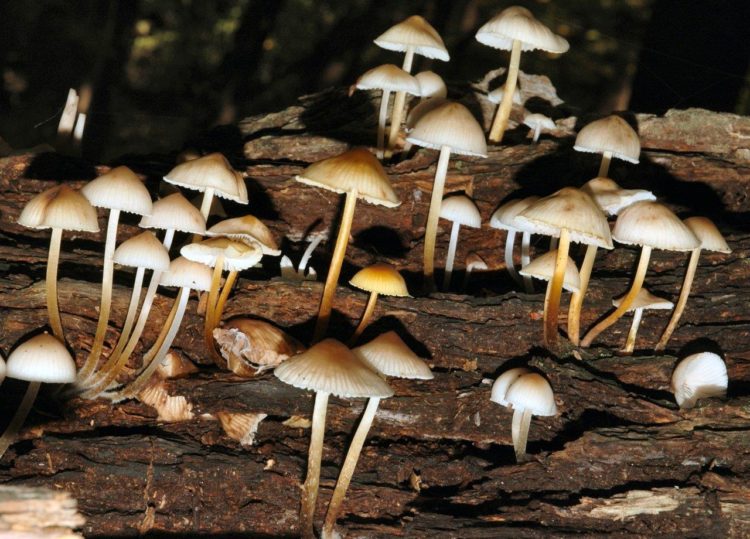Magic mushrooms, scientifically recognized as Psilocybin mushrooms, have held a prominent place in diverse cultures for countless centuries. These enigmatic fungi have fascinated humanity due to their mind-altering properties, finding application in both religious ceremonies and medical research.
Psilocybin mushrooms are part of a genus of psychoactive fungi, boasting around 180 known species worldwide. These remarkable mushrooms house psilocybin and psilocin, the primary active compounds responsible for inducing shifts in perception, mood, cognition, and consciousness.
A Glimpse into the Cultural and Historical Significance of Magic Mushrooms
Throughout history, magic mushrooms have featured prominently in religious and spiritual practices. The indigenous Mazatec people of Oaxaca, Mexico, for instance, have integrated these mushrooms into their rituals for generations, seeking spiritual healing and enlightenment.
In Western culture, magic mushrooms gained recognition during the 1950s when R. Gordon Wasson, a vice president of J.P. Morgan & Co., partook in a ceremonial consumption in Mexico and later shared his profound experiences.
Exploring Medicinal Prospects
In recent times, the medical community has exhibited a growing interest in psilocybin as a potential remedy for various mental health disorders. Numerous studies suggest that psilocybin may hold promise in the treatment of conditions such as depression, anxiety, and post-traumatic stress disorder (PTSD).
Pioneering research, particularly at John Hopkins University, has expanded our understanding of psilocybin’s therapeutic potential. These investigations propose that when administered under the guidance of trained professionals, psilocybin can alleviate symptoms associated with a range of mental health disorders.
However, it is vital to bear in mind that psilocybin use carries risks, including adverse psychological reactions like anxiety and paranoia. Consequently, psilocybin therapy should always be conducted under the watchful eye of trained professionals.
The Legal Landscape
The legal status of magic mushrooms varies globally. In some nations, such as the Netherlands, they are entirely legal and available in specialized “smart shops.” Conversely, the United States classifies psilocybin as a Schedule I controlled substance, making it illegal. Yet, recent years have seen several cities decriminalize the possession and use of magic mushrooms, reflecting evolving societal attitudes.
In Canada, while psilocybin is categorized as a Schedule III controlled substance under the Controlled Drugs and Substances Act, magic mushrooms are gradually gaining acceptance for therapeutic purposes. The Minister of Health has granted exemptions to certain patients and healthcare providers, permitting the use of psilocybin as part of palliative care.
Moreover, the online market for magic mushrooms, often intended for microdosing, is burgeoning in Canada. However, consumers must exercise caution and purchase from reputable sources prioritizing quality and safety.
In Conclusion
The future of magic mushrooms, both in therapeutic contexts and society as a whole, holds promise. As our comprehension of their potential deepens and our understanding of their effects becomes more nuanced, these ancient fungi may continue to play a pivotal role in mental health treatments. Nevertheless, responsible usage within legal boundaries and under professional guidance remains paramount.


